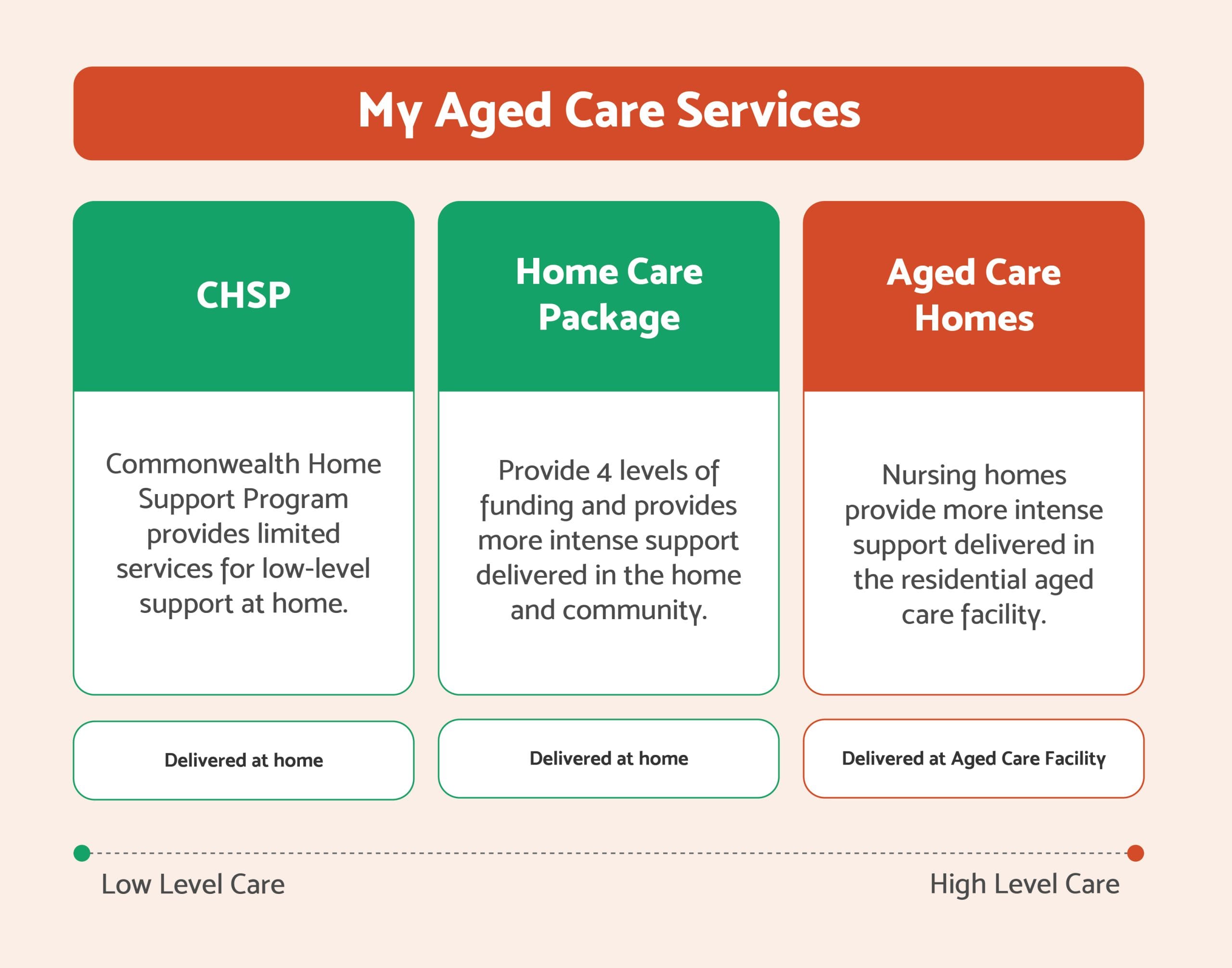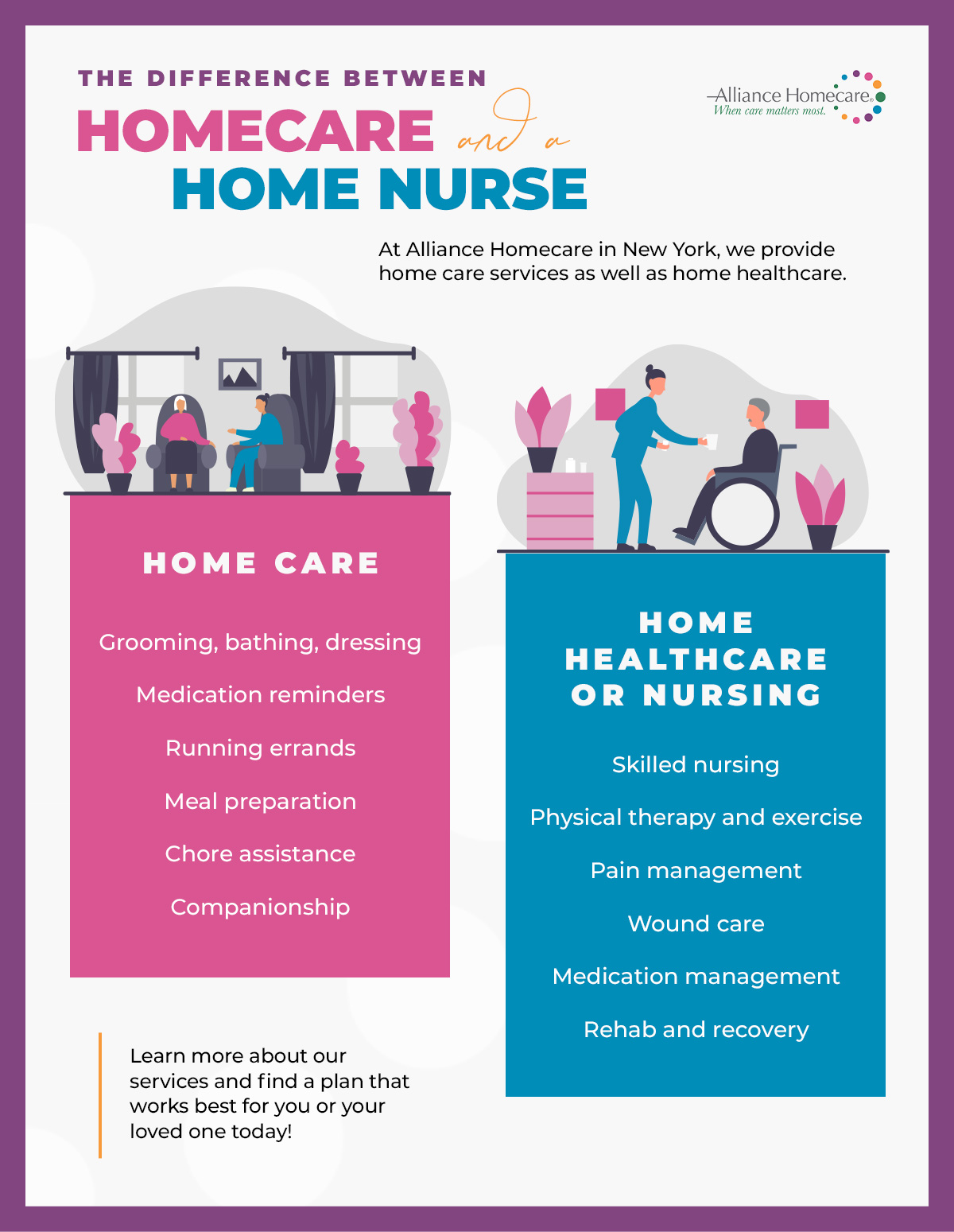How support at home under the NDIS enables people with disabilities
How support at home under the NDIS enables people with disabilities
Blog Article
Everything About Home Care Services for Individuals With Disabilities: NDIS Registered Assistance
Home care solutions under the NDIS play a crucial duty in supporting people with specials needs. These solutions are designed to enhance day-to-day living through customized help, ranging from individual like mobility assistance. Recognizing exactly how to browse these options can be intricate. This summary discovers the various aspects of NDIS home care, from offered services to the option of service providers, highlighting vital factors to consider for those seeking assistance. The trip towards empowered care starts here.
Comprehending the NDIS and Its Function
The National Impairment Insurance Policy Scheme (NDIS) functions as a transformative framework created to supply support and services for people with handicaps. Developed to boost the lifestyle and guarantee fair access to important sources, the NDIS empowers participants by supplying individualized strategies customized to their distinct needs. It intends to foster freedom, allowing people to seek their personal objectives and aspirations.Through a structured method, the NDIS allocates financing for various assistances, including education, work aid, and community involvement. This all-inclusive scheme not only concentrates on instant care however likewise stresses long-term developing results. By advertising choice and control, the NDIS urges individuals to pick their recommended company, ensuring that care aligns with their choices and values. Ultimately, the NDIS stands for a significant commitment to enhancing the lives of people with handicaps, cultivating inclusivity, and developing a much more encouraging culture.
Kinds of Home Care Solutions Available
Various kinds of home care solutions cater to individuals with impairments, primarily concentrating on individual treatment assistance and respite treatment options. Individual care assistance offers important assistance with daily tasks, while respite care supplies temporary alleviation for main caretakers. Recognizing these services is crucial for ensuring the well-being of both people with disabilities and their households.
Personal Treatment Aid
While navigating day-to-day live can offer challenges for people with impairments, personal care help supplies crucial assistance customized to their unique demands. This kind of home treatment service incorporates a series of tasks created to promote freedom and improve lifestyle. Individual care aides aid with daily jobs such as bathing, clothing, grooming, and toileting, making certain people maintain individual hygiene and convenience. They may also aid with dish preparation, medication administration, and mobility support. By supplying individualized treatment, these professionals empower people to engage more totally in their daily routines and social tasks. On the whole, individual treatment support plays a significant duty in promoting dignity and freedom for those with disabilities, enabling them to flourish in their home setting.

Respite Treatment Options
Break treatment works as a vital source for family members and caretakers of individuals with disabilities, supplying short-lived relief from the needs of everyday caregiving. This kind of service can take different kinds, consisting of in-home reprieve treatment, where experienced professionals go to the home to aid with care jobs. Additionally, families might choose facility-based reprieve care, where individuals receive treatment in a customized setting, allowing caregivers to take a break. Furthermore, some organizations offer emergency situation break services for unanticipated scenarios. These options not just aid ease caregiver tension but additionally advertise the wellness of people with impairments by using them brand-new experiences and social communication. Overall, break treatment plays an essential function in supporting both caregivers and those they care for.

Just How to Accessibility NDIS Home Care Solutions
Accessing NDIS home treatment solutions involves recognizing the qualification requirements established forth by the National Disability Insurance Coverage Plan. Individuals must navigate an organized application procedure to secure the needed assistance tailored to their needs. This section will clarify both the qualification needs and the steps associated with requesting services.
Qualification Standards Described
To receive NDIS home care services, people should satisfy certain eligibility requirements that analyze their demands and circumstances. Initially, applicants need to be aged between 7 and 65 years and have a irreversible and significant impairment that impacts their capability to execute daily tasks. In addition, they have to be an Australian person, a long-term citizen, or hold a Protected Unique Category Visa. The NDIS calls for evidence of the disability, typically via medical analyses or records. People ought to show that they require assistance to take part in social and economic life. These criteria ensure that solutions are directed towards those who really need help, advertising self-reliance and boosted lifestyle for people with handicaps.
Application Process Steps
Can I Pick My Very Own Support Workers With NDIS?
The individual made inquiries whether they can choose their very own support employees under the NDIS framework. Normally, participants have the adaptability to pick assistance workers, cultivating personalized care that aligns with their details demands and choices.
What Occurs if My Needs Adjustment After Obtaining Assistance?
If a person's needs adjustment after obtaining assistance, they need to communicate these changes to their company. Adjustments can be made to the care plan, ensuring that the support stays pertinent and efficient for their conditions.

Are There Limits on The Amount Of Hours of Treatment I Can Get?
The private asked about potential limits on the variety of care get redirected here hours obtained. Usually, such limits might exist based on particular policies or moneying plans, emphasizing the significance of reviewing agreements and guidelines routinely.
Can I Make Use Of NDIS Financing for Home Modifications?
The inquiry of using financing for home alterations develops frequently. Normally, individuals might make use of NDIS funding for required adjustments to their homes, making certain ease of access and safety and security, section upon conference specific qualification standards and standards.
Just how Do I Manage Issues Concerning My Home Care Services?
To deal with issues about home treatment services, people must initially record their issues. After that, they can interact directly with their provider, seeking resolution, or intensify the issue to appropriate oversight bodies if essential. Home treatment solutions under the NDIS play a pivotal function in sustaining individuals with impairments. Numerous types of home treatment solutions provide to people with handicaps, mainly focusing on personal care help and break care choices. support at home provider. Individual treatment support gives necessary support with day-to-day tasks, while respite care supplies short-term alleviation for main caregivers. Households may choose for facility-based reprieve treatment, where individuals get care in a specific setting, enabling caregivers to take a break. Exactly how can family members successfully handle the economic elements of home care solutions for people with specials needs?
Report this page